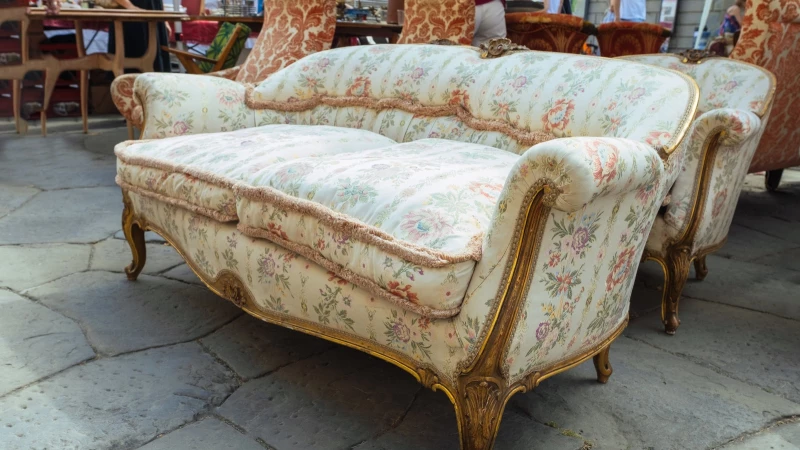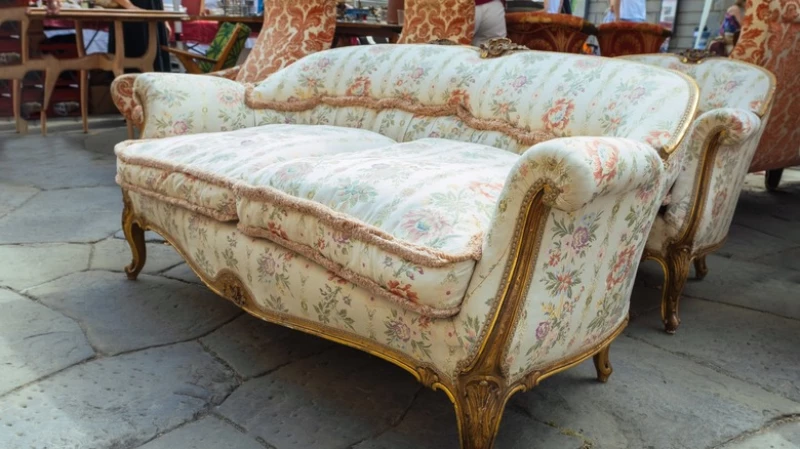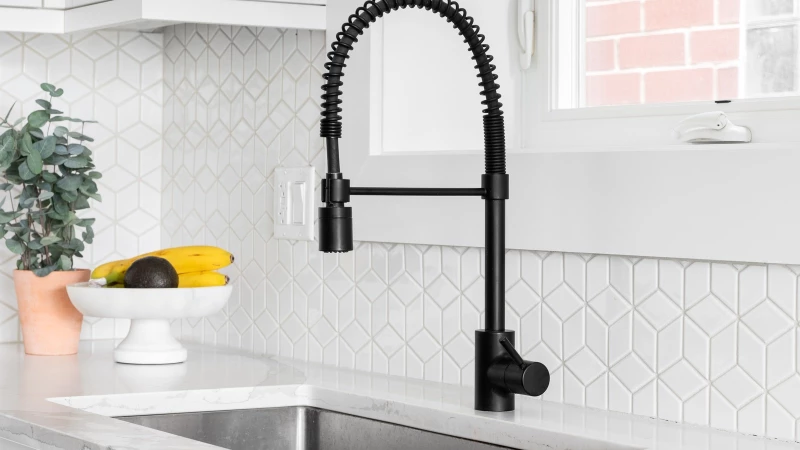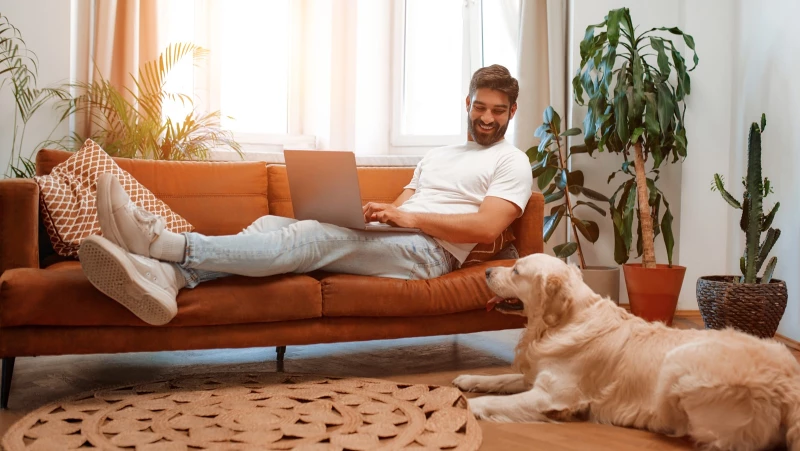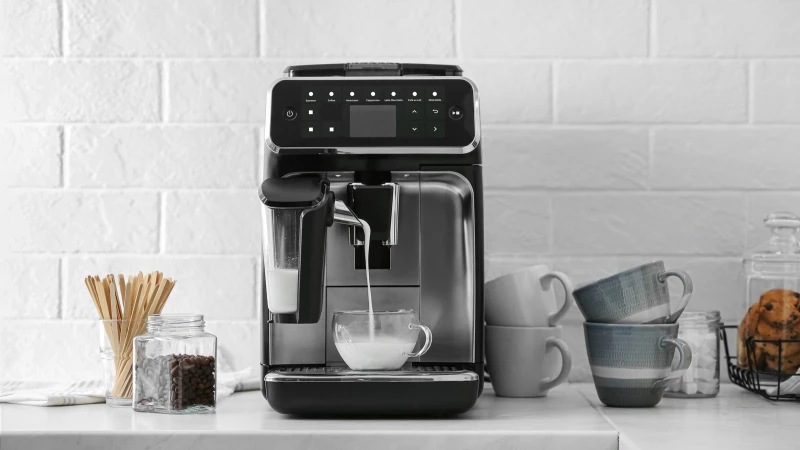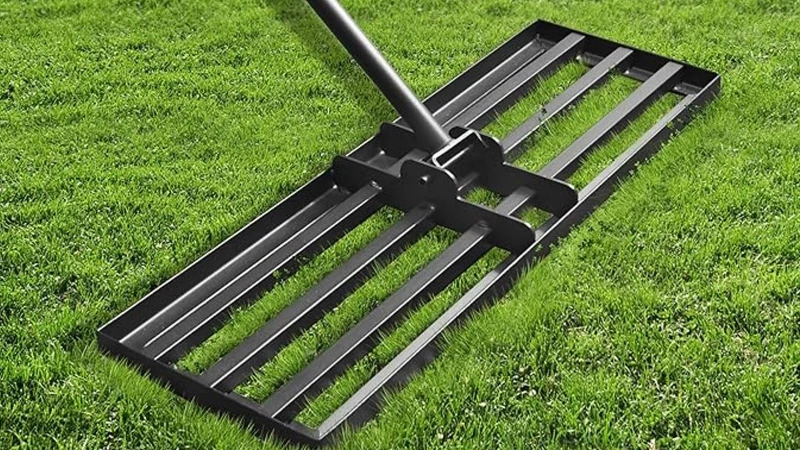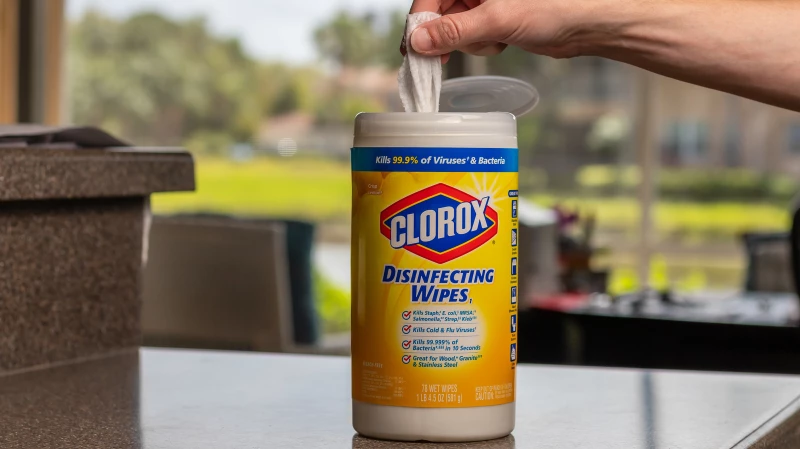Watch out for Bed Bugs in Second-Hand Couches
When considering purchasing items at estate sales, it's important to be cautious of potential hidden dangers. While these sales can offer unique finds at discounted prices, one must be aware of the risks involved. One common risk associated with buying second-hand couches is the presence of bed bugs.
Second-hand couches, although tempting due to their affordability, can sometimes harbor bed bugs, mold, and allergens. These pests can easily go unnoticed and infest your living space, causing significant discomfort and inconvenience. Therefore, it's crucial to thoroughly inspect any furniture purchased at estate sales to avoid bringing home unwanted guests.
The term "bed bug" is actually misleading as these pests can hide in various places, such as dresser drawers, curtains, electrical sockets, and even screw heads. They have been found to lurk in the back of wallpaper as well. In couches, they tend to favor the seams where they can easily go unnoticed.
Some individuals might think that a thorough visual inspection of a couch is sufficient. However, there are clear indicators of a potential bed bug infestation in furniture, including red blood smears from their feeding and black fecal spots. The shed exoskeletons of bed bugs may also be present, though they can be challenging to spot. Blood specks and spots are commonly found on and under the cushions, as well as beneath the sofa frame. Despite these signs, it is often difficult to definitively confirm if a couch is infested with bed bugs. In such cases, it is advisable to avoid purchasing the item to prevent the risk of bringing these pests into your home.
The breeding ground for mold is often a mix of moisture, darkness, and poorly ventilated air. Unfortunately, this environment is common in many estate sales, where furniture may have been stored in homes for years. Sofas, for example, could have been residing in damp basements, unknowingly accumulating mold. Basements are prone to flooding, and when water seeps into a couch, it becomes nearly impossible to dry out, leading to mold growth within. In cases of water-damaged upholstered furniture, the only option is often disposal. Mold in sofas can trigger respiratory problems like nasal irritation, dry cough, watery and burning eyes, as well as persistent sinus issues.
In addition to mold and mildew, upholstered couches can retain various substances they have been exposed to over time, including chemicals and odors. Consider the accumulation of smoke, perfume, pet smells, and body odors, all of which can worsen allergy symptoms in individuals. As it's challenging to determine the history of a sofa's exposure, it's advisable to opt for washable and cleanable items to minimize health risks.

